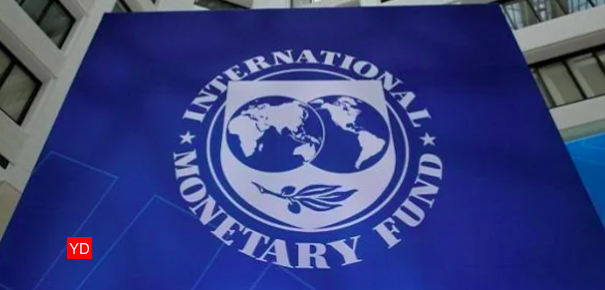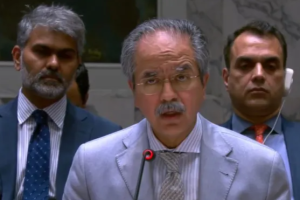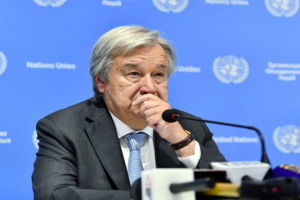Kristalina Georgieva, the managing director of the International Monetary Fund (IMF) has warned the outlook for the global economy has “darkened greatly” in recent months and the world faces a rising risk of downturn or recession in the next 12 months. The item cost shock from the conflict in Ukraine had exacerbated the cost for most everyday items, an emergency for countless individuals and it was “just deteriorating”, Kristalina Georgieva added.
Inflation was likewise higher than anticipated, Georgieva stated in a blogpost that came around the same time as the most recent figures showed that costs in the US rose at a 40-year high of 9.1 percent in June. Financial experts and financial backers presently figure the US Federal Reserve could climb interest rate by a notable 1 percent when its board meeting in about fourteen days’ time, citing The Guardian.
The Bank of Canada stunned markets on July 13 by raising its base rate by a full rate point, while the Reserve Bank of New Zealand expanded its benchmark rate by 0.5 percent this week, as did the Bank of Korea. Alongside one more expected move higher by the Fed, this continues to stack strain on other central banks to follow suit to bring inflation under control. With supply bottlenecks and rehashed Coronavirus lockdowns in China likewise creating the world’s sketchy pandemic recuperation.
Georgieva, the G20 finance ministers and central bankers gathering in Bali “face a worldwide economic viewpoint that has obscured fundamentally”. “It will be an extreme 2022 – and perhaps a significantly harder 2023, with an expanded hazard of downturn,” She added. The IMF would downsize its development estimates for worldwide development for both 2022 and 2023 later this month, she stated, having cautioned in April that its gauge of 3.6 percent was probably going to be reexamined downwards.
The European Central Bank is feeling the squeeze to raise financing costs to battle expansion and safeguard the euro, which this week drooped to equality with the US dollar without precedent for twenty years. According to a leaked draft from the EU executive in Brussels, the European Commission was expected to cut its projected growth of the eurozone’s Gross Domestic Product (GDP) for 2023 from 2.3 percent to 1.4 percent.
Inflation in the single currency area is predicted to average 7.6 percent this prior year and drop to 4 percent in one year. This dilemma affects EU nations at a time when it faces a terrible energy crisis, as predicted, Russia turns off the supply of natural gas over the bloc’s opposition to the Kremlin’s conflict with Ukraine. The head of the IMF stated that decreasing government debt, increasing global collaboration, and hiking interest rates were the three main strategies required to counter the threat to the world economy.

























Add Comment